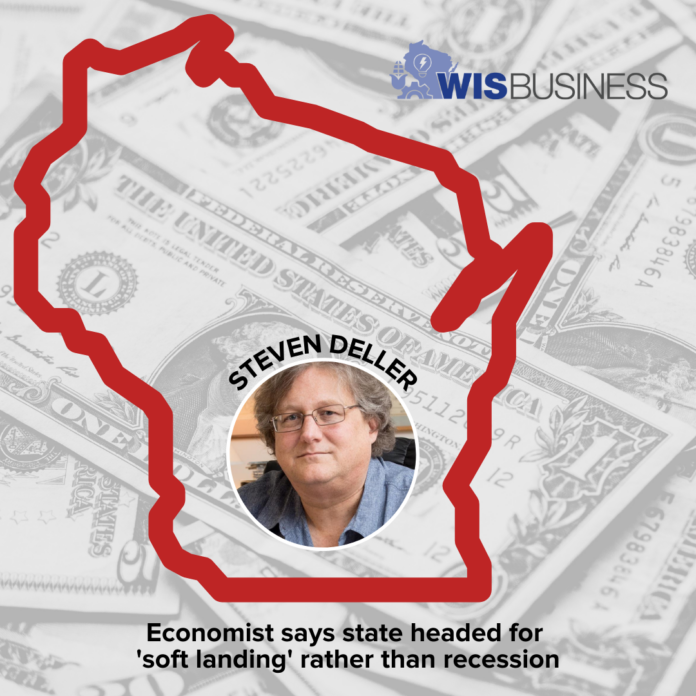A UW-Madison economist says Wisconsin is likely headed for a “soft landing” rather than a recession, based on trends in the state labor market.
The state’s chronic labor shortage is often blamed for limiting economic growth, Prof. Steven Deller wrote in a recent report. He notes firms in the state have been reluctant to let workers go as they struggle to fill positions in the post-pandemic era.
“This reluctance is, many economists believe, a primary factor in lower expectations of a recession in favor of the now predicted ‘soft-landing’ of the economy,” he wrote.
His report shows the number of unemployed people in Wisconsin exceeded the number of job openings between early 2011 and 2016, with an average unemployment rate of 6.6% suggesting a “surplus” of workers.
But by early 2017, the number of job openings had exceeded the unemployed population, Deller wrote. The average unemployment was 3.2% between January 2017 and April 2022, the start of the COVID-19 pandemic.
Despite the massive spike in unemployment followed by a quick recovery, the number of job openings in Wisconsin “was relatively stable” throughout the pandemic. It was then followed by a “surge” of new openings as the state and national economy moved out of the shutdown phase of the pandemic response.
“While the surge might appear unique it appears that the surge was a return to the longer-term upward trend in job openings,” Deller wrote. “At the same time, the number of unemployed appears to have returned to its long-term downward trend.”
He argues the post-pandemic labor shortage reflects trends in the state’s labor force that were already in motion in 2017, with the pandemic acting as a short-term disruption of the long-term trend.
“Looking at the most recent number of job openings there is little evidence of an economic recession, but rather a simple slowdown and when coupled with modest upticks in the unemployment rate, Wisconsin appears headed for a soft-landing,” he wrote.
See the full report.
–By Alex Moe






